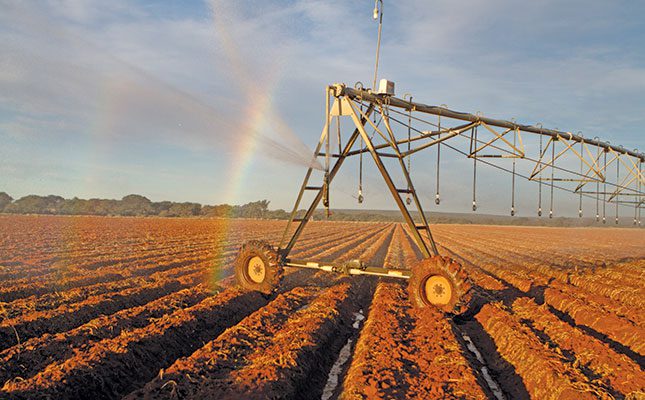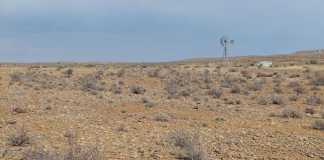
Photo: FW Archive
Christo van der Rheede, executive director of Agri SA, told Farmer’s Weekly that the only way to guarantee food security in South Africa would be through the immediate action by government and Eskom to relieve the crippling burden of load-shedding on farmers.
“Without urgent action, South Africa can expect crop failure, higher food prices and shortages of certain food products in the near future. A state of disaster alone will not avert this threat. What is required is targeted relief.”
He said that load-shedding had doubled between January and September 2022 and cost the industry more than R23 billion during that time. The loss could be exceeded in 2023, threatening the sustainability of the sector and more than 800 000 jobs.
To solve the situation, Agri SA wanted Ramaphosa to declare the agriculture sector and associated value chains an essential service, partially exempt the sector from load-shedding beyond Stage 4, allow for higher rebates on diesel and petrol used for electricity generation, and amend the current tariff structure to reduce the cost of electricity during peak times.
Bennie van Zyl, CEO of TLU SA, said that the energy crisis was a symptom of everything else that was wrong in South Africa because of corruption and cadre deployment.
To save South Africa, he said the ruling party needed to focus on creating a favourable and safe economic environment that would attract investors and allow businesses to thrive. As part of this, infrastructure and crime problems would have to be addressed, and “broad-based black economic empowerment” would have to be replaced by economic empowerment to the benefit of all.
Along with this, he called for the appointment of capable and qualified ministers, who could easily be removed from their posts if they failed in their duties.
With regard to Eskom, TLU SA wanted to see the deregulation of energy delivery to allow the private sector to step in.
Meanwhile, the Congress of South African Trade Unions (COSATU) issued a press statement in which it said that workers and society at large were battling to cope with a 43% unemployment rate, rising levels of debts and an economy struggling to emerge from a deep recession.
It added that the situation was being exacerbated by load-shedding, a deteriorating passenger and freight rail network under siege from criminal syndicates, rampant levels of crime and corruption, and dysfunctional municipalities unable to provide basic services.
To address the situation, Sizwe Pamla, national spokesperson of COSATU, said that the SONA needed to present a clear action plan and set implementation benchmarks and time frames. Government also needed to account for the implementation of the 2022 SONA commitments as part of building society’s confidence.
He emphasised that the economy could not grow and unemployment could not be reduced with continuous load-shedding, and asked for the lekgotla recommendation for the declaration of a state of disaster to be officially implemented.
“Government needs to ensure Eskom has all the resources and authority at hand to reduce load-shedding, ramp up targeted high-impact maintenance and bring on board new generation capacity. Eskom’s debt burden should also be slashed, and corruption and criminality that are crippling it should be plugged.”
He asked for similar intervention for Transnet and Metrorail, the Post Office, the SABC and DENEL, as well as at deteriorating municipalities. Backlogs in water infrastructure also needed to be sorted out to prevent the nation from plunging into another unaffordable crisis.












